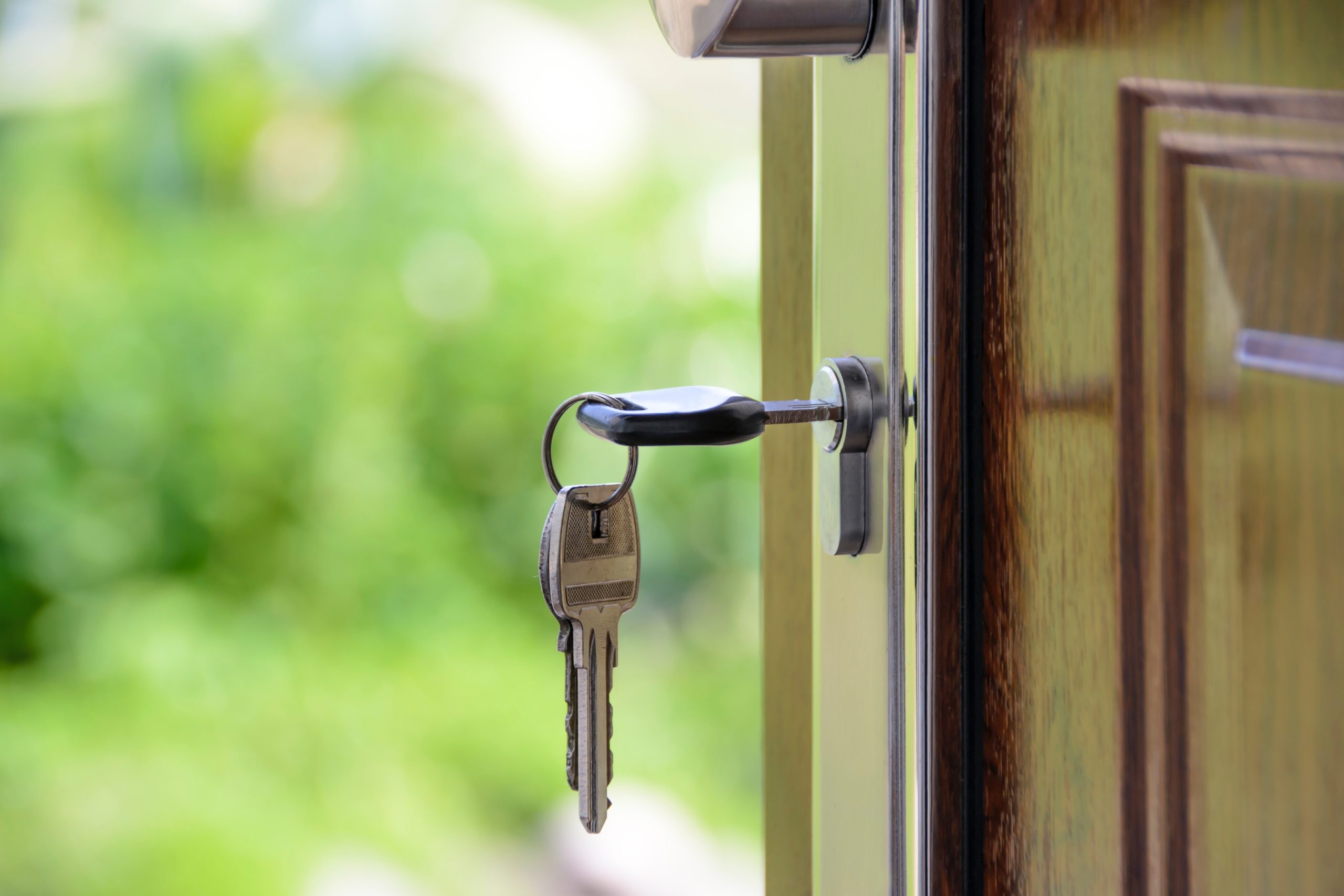Contact us today
 (954) 566-5678
(954) 566-5678
 (954) 566-5678
(954) 566-5678

You have always been told that you should never default on your mortgage or file for bankruptcy if it can be helped. Unfortunately, the consequences of these actions can haunt you for a very long time, wreaking havoc on your credit score and limiting your chances of qualifying for another home loan later in life.
However, there are times when walking away from your mortgage may be the best solution.
Some homeowners can afford their loan payments but choose not to pay. This is usually because the fair market value of their home isn’t worth the balanced owed to the bank, also known as being “upside down.” Known as a strategic default, this approach frees you of a loan suffering from negative equity or other financial issues. Those facing bankruptcy might also consider this as a possible solution. But, deciding to go this route to get out of a bad loan situation doesn’t come without consequences.
Whether you are considering strategic foreclosure to get out of your upside-down mortgage situation or want a default scenario that allows you to recover more quickly financially, it’s crucial you know the pros and cons of your decision.
One of the advantages of walking away is ending up more financially secure. For example, without a mortgage payment over your head, you can focus on other debts or improve your retirement savings. You may also find a more affordable home to rent instead. Further, strategic defaults are planned, so with the help of a skilled Florida foreclosure defense attorney, you can prepare for the debt you will owe, save up money for a down payment on a property with better value, and more.
On the downside, you could have a deficiency judgment against you to pay the difference in the loan and what the house sells for, plus the bank’s attorney fees. This can be expensive, and you won’t have a choice about paying these costs because garnishment rights are usually granted in these situations.
Even if your attorney gets your lender to agree to waive the balance, you will still potentially have a tax bill for the forgiven debt. And, don’t forget about your credit rating. You can expect a significant dent in your score regardless of how good it is at the time of your default. This blemish can lead to difficulty qualifying for housing because landlords will review your credit history and may see your foreclosure as irresponsibility.
Before you make up your mind about walking away from your mortgage, there are alternative methods to relieve the financial strain of your loan. First, if you are in a negative equity situation (upside down), remember that real estate market values are dynamic. They constantly change, which leaves a genuine opportunity for your home’s equity to be positive again in the near future.
If you genuinely want to keep your home, consider speaking with your lender about modifying your loan. The bank really doesn’t want your house. In fact, it’s more cost-effective for them to work with you. These institutions are all about making money, so use this to your advantage. If you aren’t in default yet, but the home’s value is significantly lower than the mortgage, there is a good chance your attorney can help you convince them to lower what is owed or refinance it.
Suppose you have no other option but to sell your property because you are underwater and upside down. Then consider speaking with your lender about conducting a short sale. This is where you would sell the home, and if the proceeds can’t cover the total balance, the lender agrees to forgive that difference.
Finally, it may be possible that the bank will allow you to give them the deed in lieu of foreclosure. This is saying that you agree to return the home voluntarily, and they won’t foreclose or come after you for a deficiency judgment.
Is your home’s value lower than that of its mortgage? Schedule a no-cost legal consultation regarding strategic foreclosures and deficiency judgments by calling the law offices of Marc Brown today.